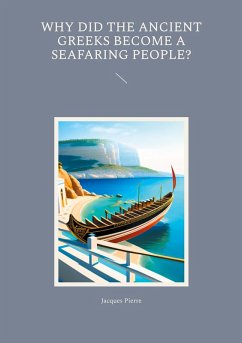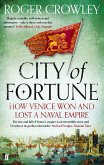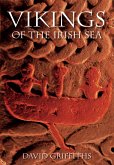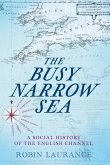This small book is a look into the evolution of seafaring in Greece during Antiquity. We will look into the reasons that led to the Greek culture's emergence as an early maritime culture. In the book we will go through the basic components of the environment in the form of geography and oceanography along with available resources that created the foundation on which Greek maritime culture could evolve. It is suggested that the very conditions of the period around the end of the bronze age and through the archaic era necessitated the development of the Greeks as a seafaring culture. Furthermore, we will go into how Greek colonization of the wider Mediterranean was deeply interlinked with its maritime culture and how it was even one of the drivers of the development of more advanced seafaring. The position is held that the immigration pressure within Greece proper along with the isolationist and competitive relationship between the fragmented city states of ancient Greece led to the sea being the only option for outward expansion. Thus, the colonial expansion was deeply connected to the city state of origin, leading the colonies to often retain maritime trade connections to the mother city. This again led to the development of a trade network between historically connected city states that was the foundation upon which the large and advanced trading networks of classical antiquity would be based. The book also has a section covering the ships of ancient Greece and their development and evolution to more advanced and specialized forms in classical Antiquity. It also covers how these ships tied in with the maritime needs and cultural evolution of the era in which they were primarily used. Finally, it is discussed how all these elements came together to form the ancient Greek maritime culture and why it evolved to this in the first place. Thus, answering the question that is the title of this book. A certain degree of knowledge about ancient Greece or willingness to look up terms and names are expected in this book as it covers its theme narrowly.
Dieser Download kann aus rechtlichen Gründen nur mit Rechnungsadresse in A, B, BG, CY, CZ, D, DK, EW, E, FIN, F, GR, H, IRL, I, LT, L, LR, M, NL, PL, P, R, S, SLO, SK ausgeliefert werden.









